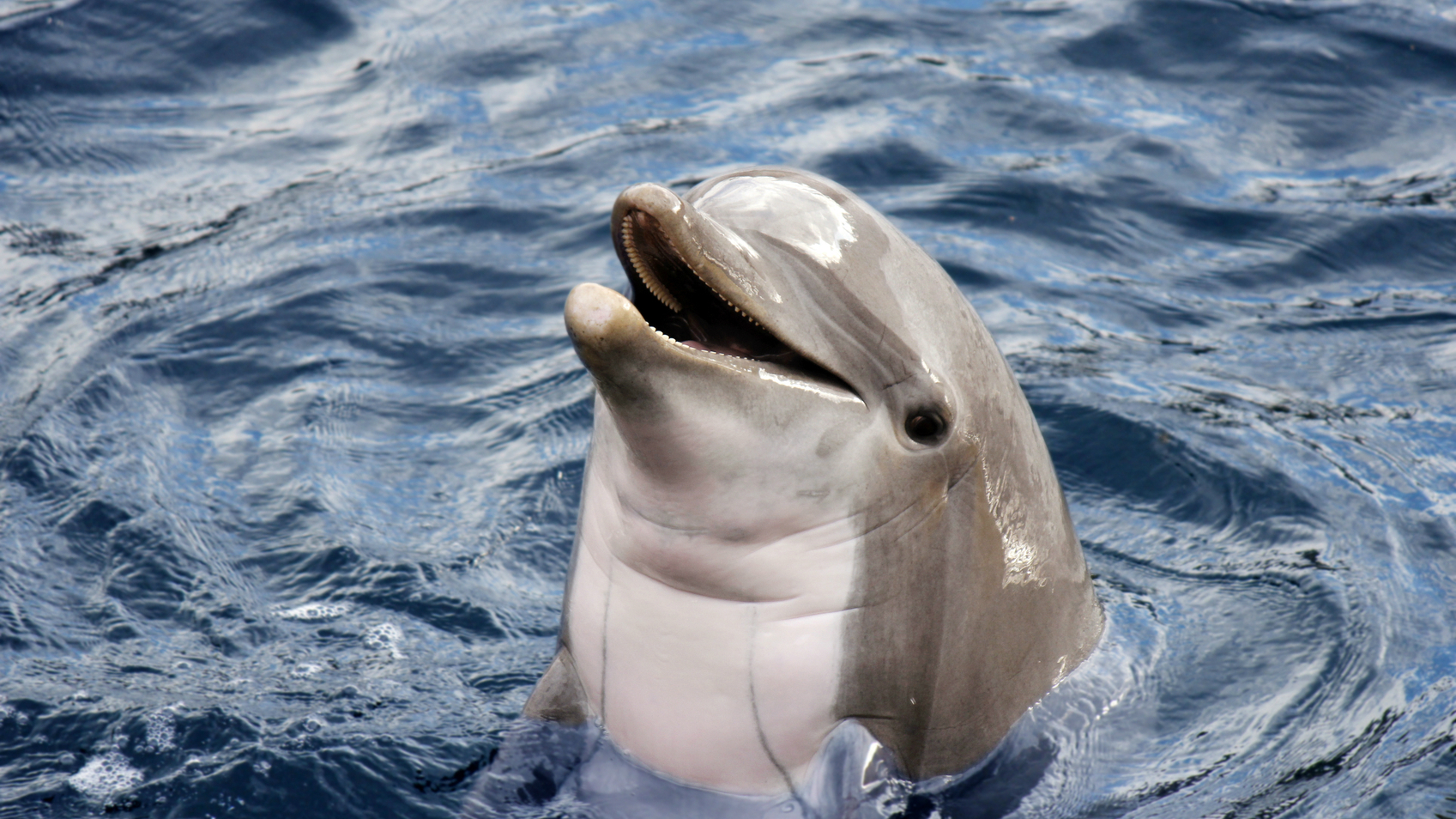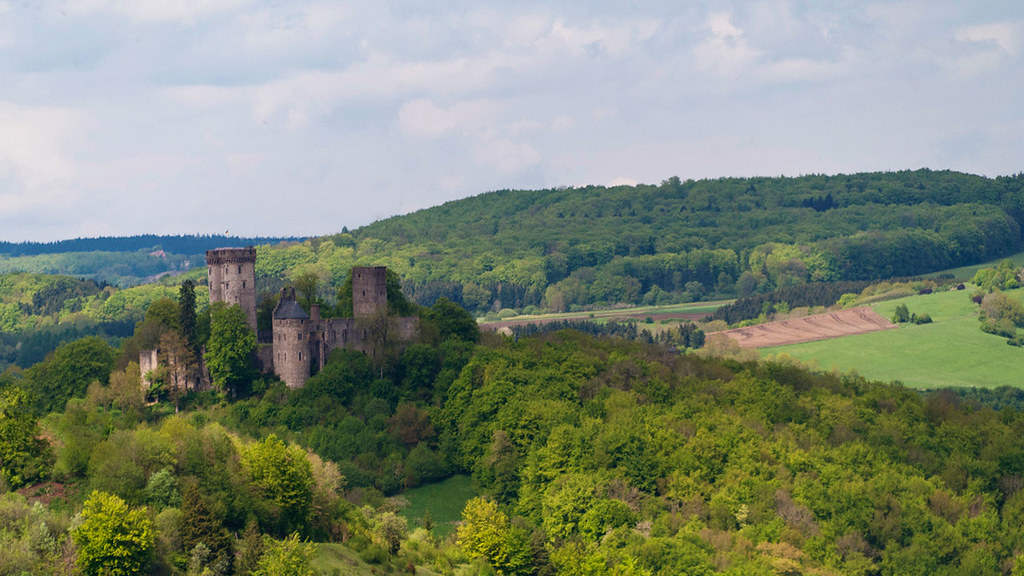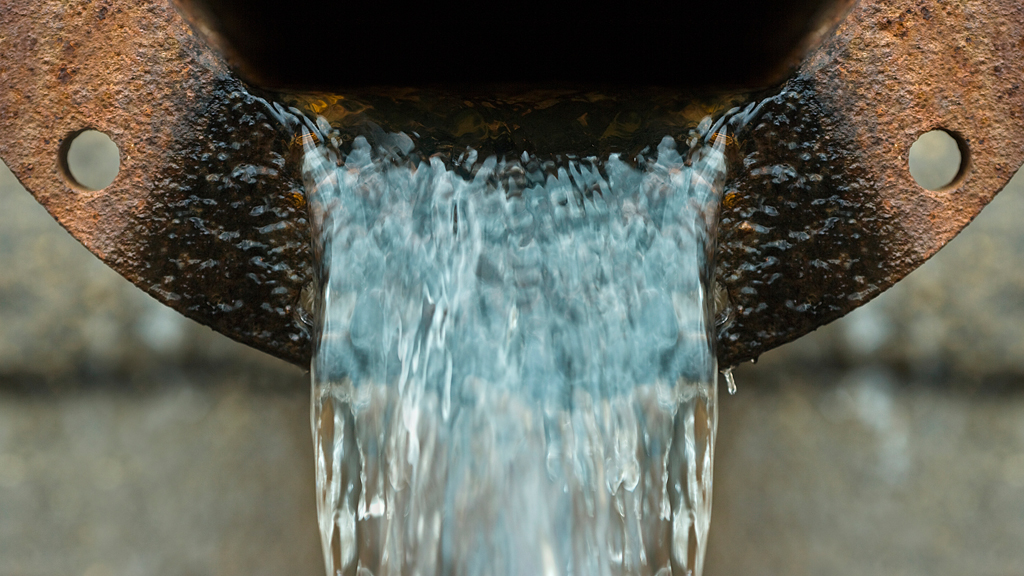Loggerhead turtle meat was traditionally sold on the island of Maio, one of the Cape Verde Islands, near the West coast of Africa, but now islanders are helping to boost numbers of these endangered animals by protecting their nests and developing a sustainable eco-tourism industry that mutually benefits people and wildlife living on the island.
The Cape Verde Islands are powerhouses of evolution, home to an abundance of wildlife, including whales, turtles, sharks and shorebirds.
However, poaching and habitat change over the years has decimated numbers of the turtle population. In 2015 the turtle population of the islands was considered by the IUCN Red List to be in danger of extinction.
Professor Tamás Székely, from the Milner Centre for Evolution at the University of Bath, has spent many years researching populations of shorebirds, called plovers, living on Maio. He worked with colleagues on Maio to set up the Maio Biodiversity Foundation (FMB) in 2010 with the aim of protecting the natural wildlife on the island of Maio for sustainable development.
He said: 'I’ve been coming to these islands for 11 years and so have seen first-hand the effects of pollution, habitat destruction and climate change on the ecosystems.
'We wanted not only to conserve the island’s wildlife but also to help alleviate the economic and social issues faced by people living in Maio: low employment and low access to higher education.
'So we employed local people to run beach patrols to protect the breeding female turtles and their nests from poachers, and enlisted fishermen to help collect sighting data on turtles, sharks and whales and register illegal activities in the sea.
'We’ve worked with schools, organising trips to the hatcheries and nesting sites, running environmental classes and litter picking campaigns to encourage the children’s awareness of their natural environment.
'FMB also partnered with University Cabo Verde in Praia, which will send its biology students to Maio to study plants and animals on the island.'
Conservation success

The hard conservation work of FMB – which is supported by Flora & Fauna International, NOAA and MAVA Foundation – is really starting to pay off since the FMB now employs 90 local people, with their beach patrols covering 38 km of coastline, which covers 100 per cent of the nesting sites.
Dr Juan Patiño Martinez, Scientific Coordinator of FMB, explains:
'In the last five years, the number of nesting female turtles killed each year has reduced from 43 per cent to 5 per cent, whilst the overall number of nests in 2018 reached 15,000: 20 times more than at the start of turtle conservation work in 2013.'
The Foundation is also encouraging eco-tourism as a means of providing employment opportunities as well as spreading the message of conservation across the community.
FMB’s 'Home Stay' programme helps women to prepare their houses to accommodate tourists and visiting scientists. They get economic support for adapting their houses, training and certification as a Home Stay, and help with the promotion of the houses.
So far, 25 women have joined the scheme, and have hosted 150 people (staff, volunteers and tourists) in the last 2 years. This idea, together with the training of ecoguides, will help develop a sustainable tourist industry for the island.



